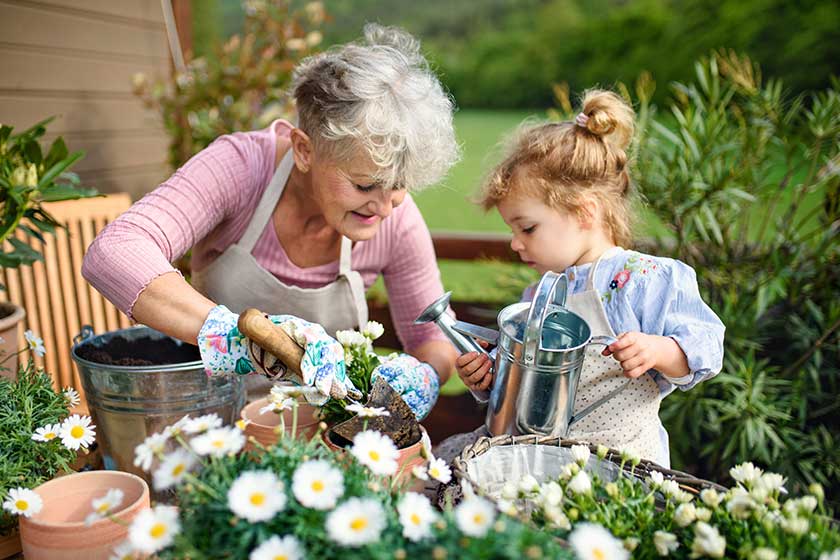As a young person, you may view retired adults as always being relaxed, happy, and without a care in the world. If you are a retired individual, however, you know it’s entirely possible to feel stressed out due to all types of triggers faced throughout your day.
Are you worried about your parents, grandparents, or other aging adults because stress seems to be a major factor in their life? We’re going to introduce you to some stress management techniques for your loved one. This way, they can lead the happier, healthier life we all hope for in our later years.
Your Aging Loved One May Feel More Stress Than Younger Individuals
Due to contributing factors like health conditions and aging, compared to younger individuals, older adults may feel overwhelmingly more stress. Is your loved one experiencing a high level of stress? Some signs that point to it are as follows:
- Disinterest in activities and social isolation
- Sleep patterns are changing
- Loneliness
- Irritability and other mood swings
- Sudden loss of appetite or overeating
Help your loved one take back control of their life rather than letting stress determine their future.
Identify Stressors
By identifying your stressors or triggers, you can get a better handle on chronic stress and reduce or prevent anxiety. These can be memories, words, names, places, or specific situations that trigger stress and/or increase stress levels.
When you know what to avoid, you can handle situations more appropriately. To help move past stress and fear, you may want to seek out the assistance of a psychiatrist, therapist, or psychologist.
Make Time for “You”
Socialization is crucial, particularly as you age. But, everyone needs a little “me time” in their lives. The following are stress relieving, enjoyable activities to do on your own:
- Read a paperback or watch your favorite movie
- Go hiking, have a solo picnic in the park or a field trip in nature
- Get a salon treatment, massage, or go to the spa
- Do a little arts and crafts
- Try cooking or gardening
- Do a few simple exercises
Watch Your Consumption of Alcohol and Caffeine
Anxiety and stress are both aggravated by too much caffeine and/or alcohol. Anxiety is also increased because your sleep pattern may be disrupted by caffeinated foods.
Get Plenty of Rest
Without 8 to 9 hours of sleep per day, those living out their golden years may be more affected by stress. Your mood is influenced by sleep deprivation which can lead to irritability increases. You won’t be able to handle stress as well if you don’t get enough sleep.
Eat Healthily
A healthy diet leads to a healthy mind. Stress-relieving, healthy foods consist of the following:
- Kimchi
- Sweet potatoes
- Chamomile tea
- Broccoli and Swiss chard
- Blueberries
- Shellfish and fatty fish
Keep Moving
To help reduce and combat mental stress, physical exercise is crucial. It makes you feel good, lowers stress hormones, and improves your mood. You will also be able to handle stressful situations better. Here are some exercises your loved one can do:
- Gardening
- Water exercises such as swimming or water aerobics
- Cycling, jogging or walking
For 20 to 30 minutes a day, try to engage in regular physical activity.
A Few More Suggestions
- Meditation
- Breathing Techniques
- Social Conductivity
- Discuss Your Feelings
Your Loved One Can Better Manage Stress through the Programs At Discovery Commons At Wildewood
Your loved one can participate in our Dimensions Health and Wellness Program, for better health and a new lease on life. Across every aspect of living, the program focuses on the well-being of adults in their golden years and is fully inclusive. It covers areas such as intellectual, medical, spiritual, social, and physical. Stimulate your loved one’s spirit, body, and mind through the caring atmosphere and abundance of amenities available at Discovery Commons At Wildewood.
Let us treat you to a delectable chef-prepared lunch – on us, of course – when you schedule a tour of our community. To contact us, call 301.960.3895, or fill out our convenient online form.







